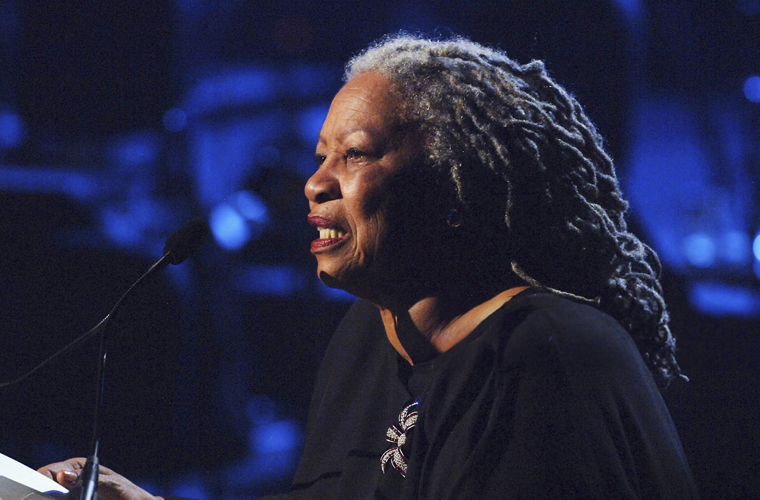Toni Morrison was an American novelist, essayist, editor, and professor who is widely regarded as one of the most important and influential writers of the 20th century. Her novels explored themes of race, gender, and identity, and challenged readers to confront the complexities of the human experience. Morrison’s work earned her numerous accolades, including the Pulitzer Prize and the Nobel Prize in Literature, and her impact on American literature and culture continues to be felt today.
Toni Morrison was born Chloe Ardelia Wofford on February 18, 1931, in Lorain, Ohio. She was the second of four children born to George and Ramah Wofford, who had moved to Ohio from the South in search of better opportunities. Morrison grew up in a tight-knit family that valued education and storytelling. Her parents instilled in her a love of literature and a sense of pride in her African-American heritage.
Morrison attended Howard University, a historically black college in Washington, D.C., where she studied English and became involved in the civil rights movement. After graduating in 1953, she earned a master’s degree in English from Cornell University. She later taught at Texas Southern University and Howard University before joining the publishing industry.
Morrison began her writing career as an editor at Random House in the 1960s, where she worked on books by African-American writers such as Muhammad Ali and Angela Davis. She also began writing her own fiction during this time, drawing on her experiences growing up in a black community in Ohio. Her first novel, “The Bluest Eye,” was published in 1970 and explored issues of beauty, race, and self-esteem through the story of a young black girl who longs to have blue eyes.
Morrison’s subsequent novels continued to explore themes of race and identity in America. “Sula” (1973) tells the story of two childhood friends who take very different paths in life, while “Song of Solomon” (1977) follows a young man’s journey to discover his family’s history and his own identity. “Beloved” (1987), perhaps Morrison’s most famous work, was based on the true story of a slave who killed her own child to spare her from a life of slavery. The novel won the Pulitzer Prize and was later adapted into a film.
Morrison’s other novels include “Jazz” (1992), “Paradise” (1998), and “A Mercy” (2008). Her work has been praised for its lyrical prose, vivid characters, and unflinching exploration of difficult topics. Morrison was also known for her commitment to promoting the work of other African-American writers and for her advocacy for social justice.
Toni Morrison’s impact on American literature and culture cannot be overstated. Her novels challenged readers to confront the realities of racism, sexism, and other forms of oppression, while also celebrating the resilience and beauty of black culture. Her work inspired countless writers and artists and helped to pave the way for greater representation of people of color in literature and other fields.
Morrison’s contributions to literature were recognized with numerous awards and honors throughout her career. In addition to the Pulitzer Prize and Nobel Prize in Literature, she received the Presidential Medal of Freedom, the National Book Critics Circle Award, and the PEN/Saul Bellow Award for Achievement in American Fiction, among others.
Toni Morrison passed away on August 5, 2019, at the age of 88. Her legacy continues to be celebrated by readers, writers, and scholars around the world who recognize her as a literary icon and trailblazer. As Morrison herself once said, “If there’s a book that you want to read, but it hasn’t been written yet, then you must write it.” And write it she did – leaving behind a body of work that will continue to inspire and challenge readers for generations to come.


